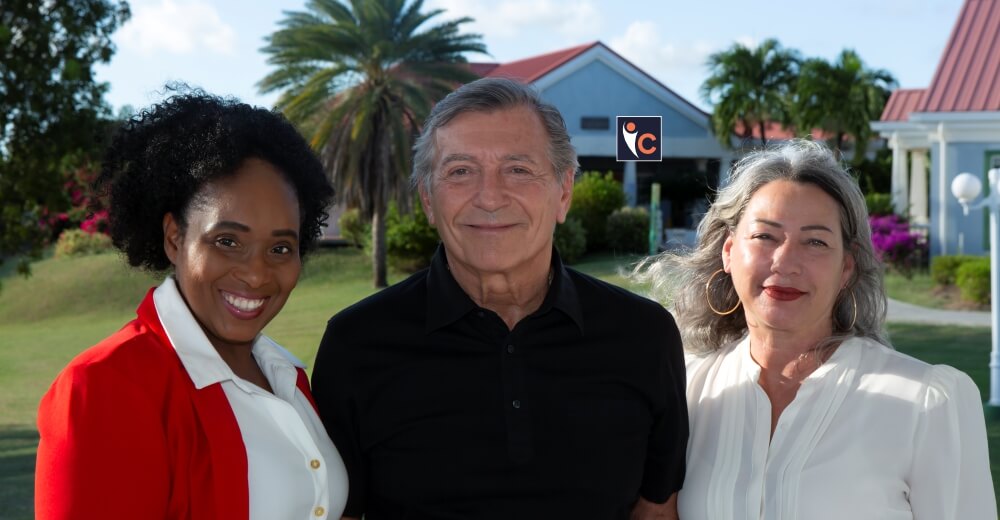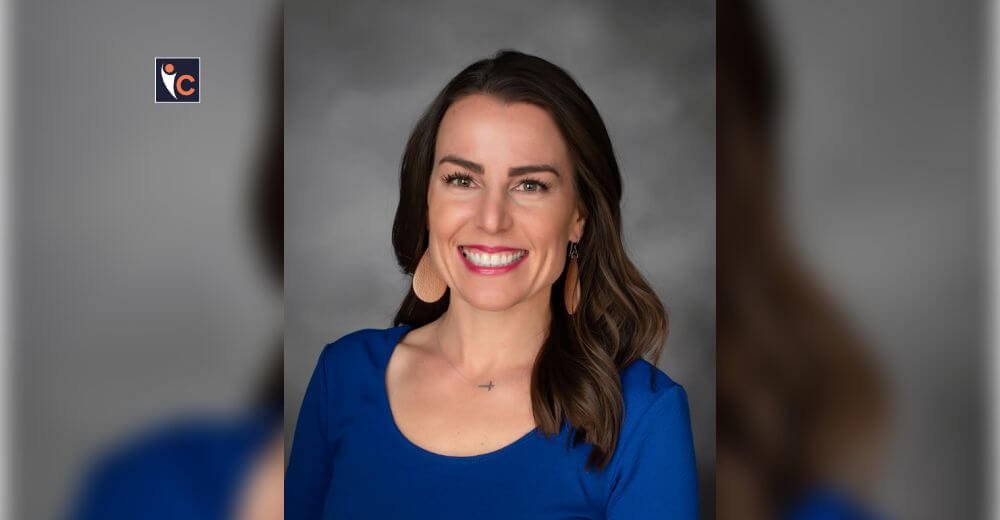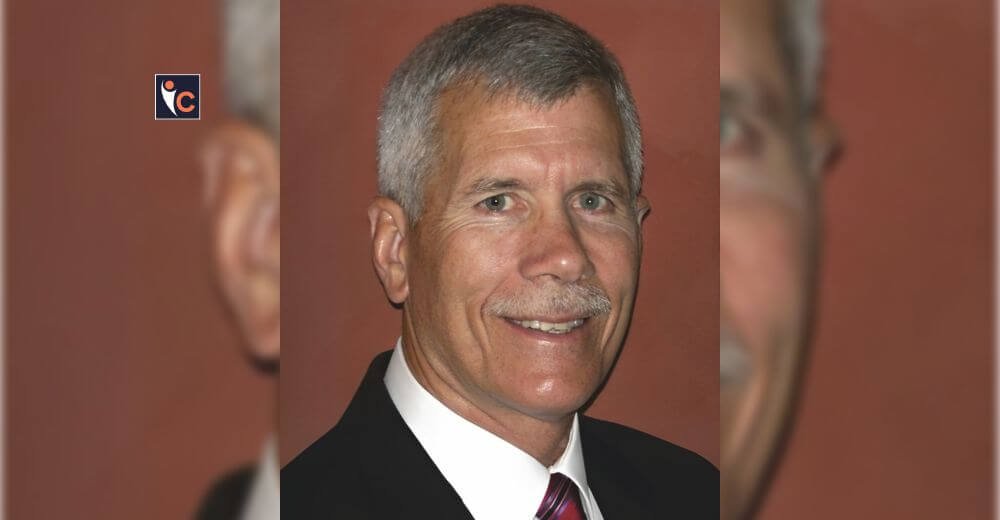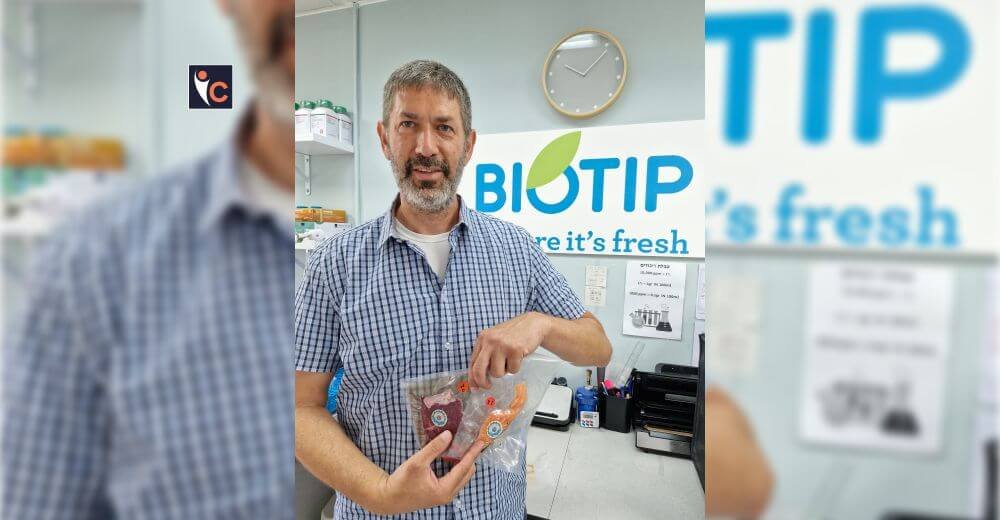Restoring independence and sobriety in abundance
In the realm of health and social care, independence signifies having some influence over one’s life and the decisions shaping it. Unfortunately, addiction to substances, alcohol or processes such as gambling can strip individuals of this essential virtue. This struggle is present in Antigua, a culturally rich blend of African, British, and West Indian influences, where crack and alcohol are available as in other parts of the world
Antigua, a picturesque settlement in the Caribbean with a predominantly English-speaking population, is a haven for those who choose to abstain from intoxicating substances. Its allure lies in the flamboyance of its mixed culture, the beauty of its landscapes, and the warmth of its people. The island’s economy thrives on tourism, attracting visitors from around the world with its beautiful beaches, clear waters, and historical sites. This legacy of sobriety is as a direct result of the presence on the island of Crossroads Centre Antigua which opened its doors in August 1998.
Eric Clapton, the renowned guitarist and singer, recognized not only the beauty of Antigua but also the opportunity to make a lasting impact. In 1998, Eric Clapton founded Crossroads Centre Antigua, driven by his own journey of sobriety spanning nearly four decades. After witnessing crack addiction and alcoholism on the island, Clapton took action, funding the establishment of the Crossroads Foundation to support the operation of the treatment center.
Since its inception, Crossroads Centre Antigua has been a beacon of hope and healing in the community. Eric Clapton’s vision, coupled with a dedicated team of experts, has gained momentum, delivering positive results throughout the communities. The center stands as a testament to the transformative power of healing and the restoration of independence and sobriety in abundance, echoing the founder’s vision for a healthier, thriving community in Antigua.
The dedicated team of experts at Crossroads Centre Antigua operates under the guidance of a Board of Trustees, with each member bringing distinct skills and expertise to the table.
- Nicos M. Peraticos, serving as the Chief Executive Officer, contributes valuable business management skills.
- Treasa James, in her role as Chief Financial Officer (CFO), provides financial expertise.
- Joanne Gonsalves, as the Clinical Director, brings extensive experience and knowledge to enhance the center’s operations.
The collaborative efforts of this team, working together, contribute significantly to the ongoing success and operation of Crossroads.
Specializing in 12-step treatment for individuals dealing with alcoholism and addiction on a global scale, Crossroads Centre Antigua is dedicated to delivering world-class treatment at an affordable cost. The center demonstrates its commitment by offering full scholarships to those struggling with substance use disorder when finances are tight. Over the past 25 years, Crossroads Centre Antigua has evolved from its inception into a comprehensive treatment center, playing a crucial role in transforming lives and providing essential support to the community.
Let’s dive into the detailed highlights of the interview with the Team at Crossroads!
The Transformative Leadership
Nicos was born in London and educated in England and Greece. He joined the UK Board of Trustees of Crossroads in 2004. Following a career in shipping, in 2016, Nicos was offered the opportunity to become CEO of Crossroads Centre Antigua. He welcomed the challenge of a new career where he could make a difference in an area he felt passionately about.
Nicos shares that his motivation for being involved with Crossroads Centre stems from his personal experience with rehabilitation over three decades ago. Having successfully stayed clean and sober since then, he believes in the power of recovery and feels a sense of duty to help others facing similar challenges. He is motivated by the belief that addiction is a treatable disease and considers Crossroads Centre to be the best treatment center globally, emphasizing its ethical, moral, and professional standards.
Joanne started her career in mental health, initially working in psychiatric facilities and later transitioning to private practice. While in private practice, she noticed that many clients were dealing with addiction issues alongside other challenges in their lives. Her journey into the addiction field was gradual and organic, evolving as she became certified in addiction counseling. Joanne’s connection to Crossroads Centre is also deeply personal, as she is originally from Antigua. After leaving Antigua at a young age and growing up in the United States, she returned to Antigua 23 years ago. Her role at Crossroads allows her to passionately engage in the work she loves while in her home country.
Treasa’s introduction to addiction treatment was through her work in public accounting before joining Crossroads. The opportunity to work at Crossroads arose while she was pursuing the ACPAA (Association of Chartered Certified Accountants) certified accounting path. Initially unfamiliar with addiction treatment, Treasa joined Crossroads in 2000, and over the years, she has learned a great deal from individuals in addiction recovery. One key takeaway for her has been adopting an “attitude of gratitude,” a perspective often emphasized in addiction recovery. Despite occasional differences within the team, Treasa appreciates the family-like environment at Crossroads, where everyone works toward a common goal despite their diversity. This shared purpose and the supportive environment are reasons she remains committed to her role at Crossroads.
Fostering a Collaborative Environment
Joanne emphasizes that the team at Crossroads is skilled at de-escalating situations when they arise. Notably, all clients at Crossroads are there voluntarily, meaning they have chosen to be there. As a result, disruptive behaviors are less common among clients who are committed to their treatment. The team employs a collaborative approach to avoid disruptive behavior, meeting with the client to provide support and work together on treatment goals. However, if a client remains non-compliant with the facility’s rules and regulations, which are in place for the safety of the entire community, there may be instances where the client is asked to leave or referred to a more suitable facility.
Commitment to High Standards and Confidentiality
Nicos underscores that the team at Crossroads adheres to high standards, specifically mentioning compliance with the United States Health Insurance Portability and Accountability Act (HIPAA). This law focuses on patient protection and confidentiality in the healthcare industry. Crossroads is accredited by a top body in addiction treatment, ensuring that all aspects of their operations, from medications to therapy, are reported on and conducted in a professional manner.
Empowering Recovery
Joanne explains the initial steps for a client at Crossroads. The process begins with detox to stabilize the client. Once medically stable psychiatric, psychological, and clinical assessments are conducted to identify the client’s individual needs and issues. Based on the assessment, a personalized treatment plan is designed, outlining specific goals and interventions. The treatment plan will involve individual therapy, group therapy, experiential therapy, EMDR (Eye Movement Desensitization and Reprocessing, particularly for trauma), and family therapy when applicable.
Joanne emphasizes the unique family program at Crossroads, where family members can stay with their loved ones for a five-day intensive program during a 30-day stay. If physical presence is not possible, virtual options like Zoom meetings are available to include families in the therapeutic process. The treatment approach at Crossroads addresses both the physical and emotional aspects of addiction.
Joanne also highlights that at Crossroads, the focus is on teaching clients’ practical tools. It goes beyond Cognitive Behavioral Therapy (CBT) and delves into providing specific tools to help individuals manage various aspects of their well-being. Clients are taught grounding techniques, stress management strategies, meditation practices, and breathing exercises. The emphasis is on empowering individuals to apply these practical tools in their lives. The goal is to equip clients with skills that they can use independently, with the therapist serving as a catalyst in the process of self-improvement.
Global Compassion for Addiction
Nicos provides insights into the founding of Crossroads by Eric Clapton, who recognized the issues of crack cocaine and alcohol abuse in Antigua and wanted to contribute to addressing the problem. Eric Clapton, a renowned musician, is also the Chairman of the Board of Directors at Crossroads. He emphasizes the collaboration with other organizations including Music Cares and Release Recovery to support individuals in the music industry and promote recovery. Crossroads engages in community outreach by educating 3rd, 4th, and 5th-grade students about the dangers of addiction, smoking, vaping, and bullying.
Nicos expresses a desire for a more compassionate approach to addiction globally, advocating for treating addiction as a health issue rather than a crime. He stresses that addiction is a disease that can affect anyone. Nicos highlights that addiction is a disease that impacts approximately 10% of the world’s population, cutting across demographics of race, socioeconomic position, class, sexual orientation and religion.
Read More: Click Here










